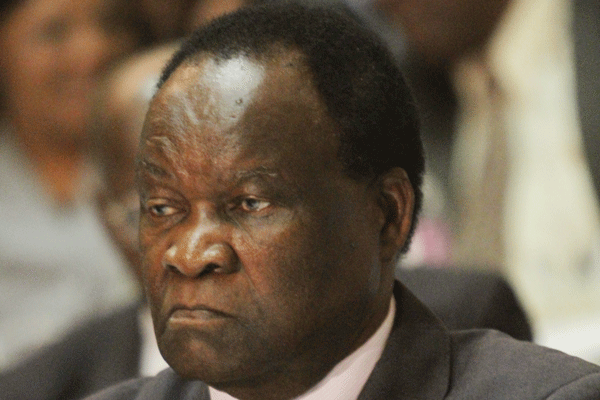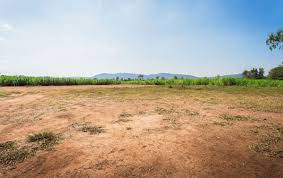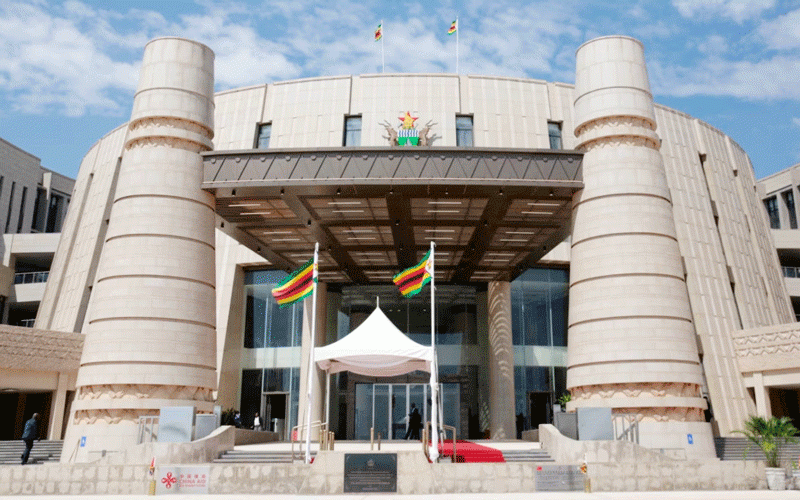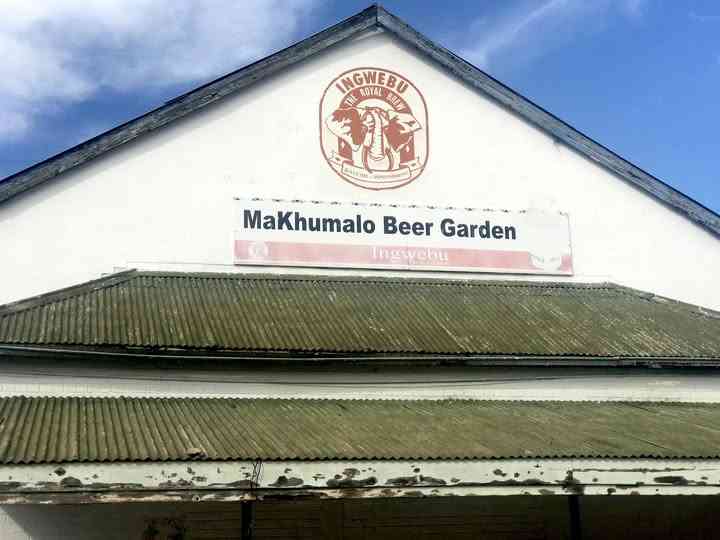
Burzil Dube
LAST week’s installment, which briefly dwelt on Binga’s mystical tourism industry, made some interesting reading as evidenced by the feedback received concerning this surprisingly topical issue.
It seems some people within the hospitality fraternity are even not aware that there is such a spectacle known as mystical tourism.
Generally, mysticism is associated with the supernatural world and in some cases such a practice is looked down upon with contempt oblivious that this paranormal exercise can be a game changer in the hospitality world.
Following publication of such an article where Binga district is destined to be a potential matchmaker in mystical tourism, Yours Truly was inundated by “volunteers” expressing their eagerness to also be part of this particular excursion.
The volunteering part followed an invitation proffered to Yours Truly for a guided tour of BaTonga traditional elders as well as sacred places where mystical powers are believed to be part and parcel of their way of life.
Some keen followers of this column implored Yours Truly to also discuss in detail how the Tonga were displaced from the Kariba area and some ending being settled in Binga and faraway places within Zimbabwe.
All this happened during construction of the iconic Kariba Dam between 1955 and 1959. The edifice stands 128 metres tall and 579 metres long while the dam forms Lake Kariba, which extends for 280 kilometres and holds 185 cubic kilometres of water.
- Chamisa under fire over US$120K donation
- Mavhunga puts DeMbare into Chibuku quarterfinals
- Pension funds bet on Cabora Bassa oilfields
- Councils defy govt fire tender directive
Keep Reading
Others wanted to find out if there is some truth that BaTonga and Makorekore tribes happen to be faces of the same coin, who were both displaced during the construction process.
However, this topical issue needs to be left for another day without rocking the proverbial boat.
While Yours Truly is not a fundi on some of these displacement-related stories, there is need to provide some insight on the reasons behind BaTonga movement from their original settlements.
Before the construction of the Kariba Dam, plans were already afoot to embark on a resettlement exercise where more than 57 000 families were to make way for the world’s largest inland man-made lake.
According to a Silveira House Social Series publication No 9, authored by Father Michael Tremmel, it is stated that there was a total of 18 Tonga chiefdoms in the Zambezi Valley in the then Southern Rhodesia.
However, Pashu, Dobola and Siabuwa chieftdoms were not directly affected by this relocation exercise as they were already settled several kilometres away from the Zambezi River.
The other remaining chiefs and their subjects had to vacate their homes and were prohibited from settling anywhere near the river as they would have encroached into the lake periphery.
Some of the places were reserved for future tourism-related facilities whose benefits are now gradually being enjoyed within Binga district and its surrounding areas.
The multi-million dollar question that continues to linger is establishment of the “reality and authenticity” of Tongas being among pioneer Bantu tribesmen to settle in Zimbabwe.
There has been some misconception concerning how this particular tribe found its way to Binga and surrounding districts within Matabeleland North province. Some scholars and historians have in the past maintained that the Tonga used to occupy most past of Matabeleland North, Midlands and Masvingo provinces.
The former governor of Masvingo province, Josiah Hungwe, recently revealed to Yours Truly in an exclusive interview that he was of Tonga descent, adding credence to views expressed by the above-mentioned scholars.
“I am a fully-fledged Tonga and our ancestors were among the first settlers to arrive in places such as Zambezi Valley, Binga, Hwange, Lupane and even other provinces,” Hungwe said.
“It’s a pity that some of my [Tonga] tribesmen have discarded their descendancy after being assimilated into other ethnic groups.
“There was a time when I challenged some traditional leaders to come out in the open about their Tonga lineage which they had somehow discarded due to reasons best known to themselves.”
Yours Truly rests his case.
Till we meet again in the next column.
- Comments always welcome on: [email protected] or Twitter@DubeBurzil











